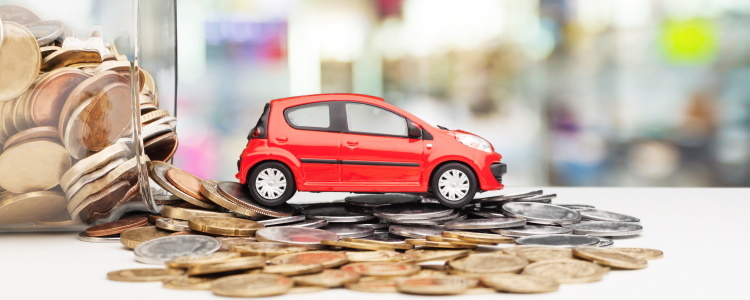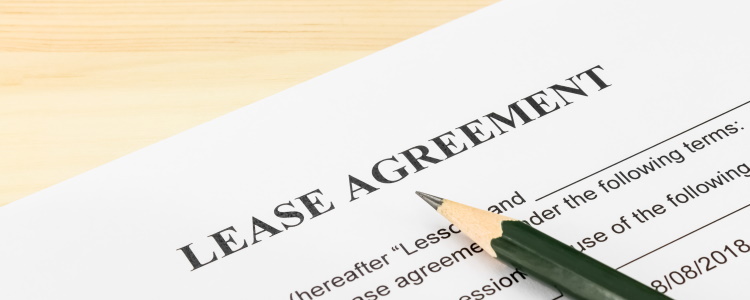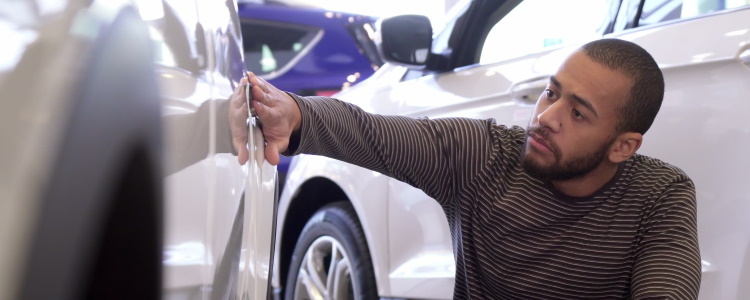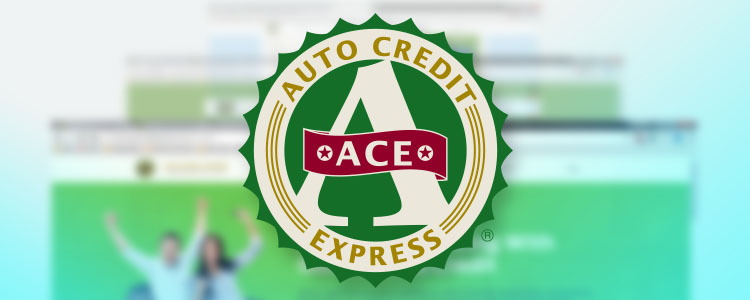Leasing a car is a great way to get a brand new vehicle every few years with a more affordable monthly payment. It can be worth your time if your needs and wants line up with what leasing has to offer. But not everyone can qualify for a lease, and it may be in their best interests to buy, instead.
Leasing a Car vs. Buying a Car
There are pros and cons to car leasing. On one hand you don’t have the stress of a long-term commitment and you get a brand new vehicle every few years, but at the same time, you have to watch your mileage and you probably aren’t going to be able to just walk away from the lease before it’s completed.
If you’re on the fence about leasing a car with bad credit, here are some key differences between leasing and buying for you to consider:
Leasing
- Ownership – You don’t own the vehicle unless you buy it at the end of the lease.
- Up-front costs – These can include the first month’s payment, refundable security deposit, acquisition fee, license, and registration.
- Monthly payment – Generally, the monthly payment is lower and more affordable because you’re only paying the car’s depreciation, interest charges, taxes and fees. You can lower it even further with a down payment, but doing so only isn’t going to lower the interest charges like a loan.
- Mileage – Leases come with a mileage limit you need to stick to. If you go over the limit, you have to pay for each additional mile, which can add up. It's usually 25 cents for each extra mile over the limit.
- End of term – Paying off the lease early could come with early termination fees. But if you wait until the lease is up, you have the option to walk away, lease again, or buy the vehicle.
- Excessive wear and tear – You’re responsible for the upkeep of the leased car. If, at the end of the term, it has excessive wear and tear, the leasing company could charge you.
Buying
- Ownership – You own the vehicle and can do what you want with it.
- Up-front costs – These can include a down payment, taxes, and registration fees.
- Monthly payment – The monthly payment is generally higher because you’re paying for the entire car plus interest, taxes, and other fees. You can lower the monthly payment by making a down payment, which could also lower the time the vehicle is worth less than the loan balance.
- Mileage – There are no mileage restrictions when you buy a car, but the more miles you drive, the lower its resale value may be.
- End of term – At the end of the auto loan term, you own the vehicle and can do what you want with it.
- Excessive wear and tear – Unless you plan on trading it in, excessive wear and tear can be handled and fixed on your own terms.
Can You Lease a Car with Bad Credit?
Although it isn’t impossible, qualifying for a lease with bad credit can be a challenge. Leases are generally reserved for consumers with good credit, and you could find yourself getting turned down if you don't have that type of credit.
But, there may be a few lenders out there willing to offer you a lease. If you want to improve your odds of qualifying for one, you need to bring in these three things to the dealership:
- Proof of income
- Proof of residency
- Personal references
Make sure you ask as many questions possible when you sit down with the finance manager. Even if your heart is set on leasing, buying a vehicle may be the best option for the time being.
The Bottom Line
Leasing can be worth it if you have the credit and don’t want to deal with the hassle of financing a brand new car. If you’re not sure if you should lease or finance because of your credit, let Auto Credit Express link you to a dealer who can help you decide.
We work with a nationwide network of special finance dealerships that have subprime lending resources available to help people who have no credit, bad credit, or even bankruptcy. Simply fill out our online auto loan request form to get started today.
















